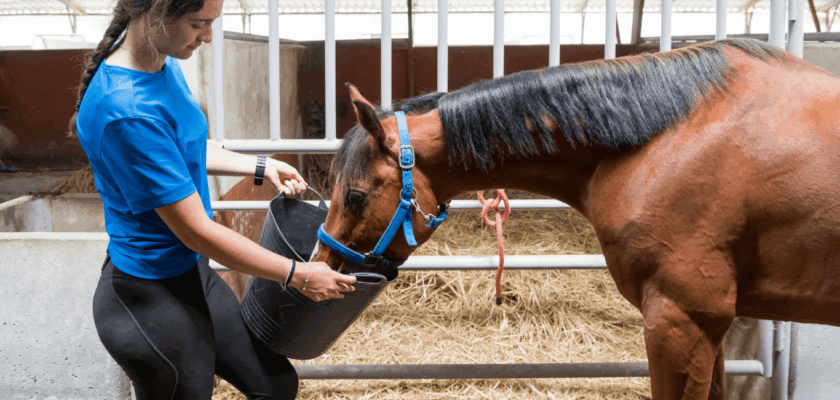Caring for a horse is one of the most rewarding experiences for animal lovers. However, it also comes with a great deal of responsibility. Horses require consistent care, attention, and commitment every single day. From feeding and grooming to ensuring regular health check-ups, horse owners must understand the fundamentals of proper equine care.
This Basic Horse Care Guide for Beginners covers everything you need to know to keep your horse happy, healthy, and thriving — from shelter and exercise to nutrition and professional care.
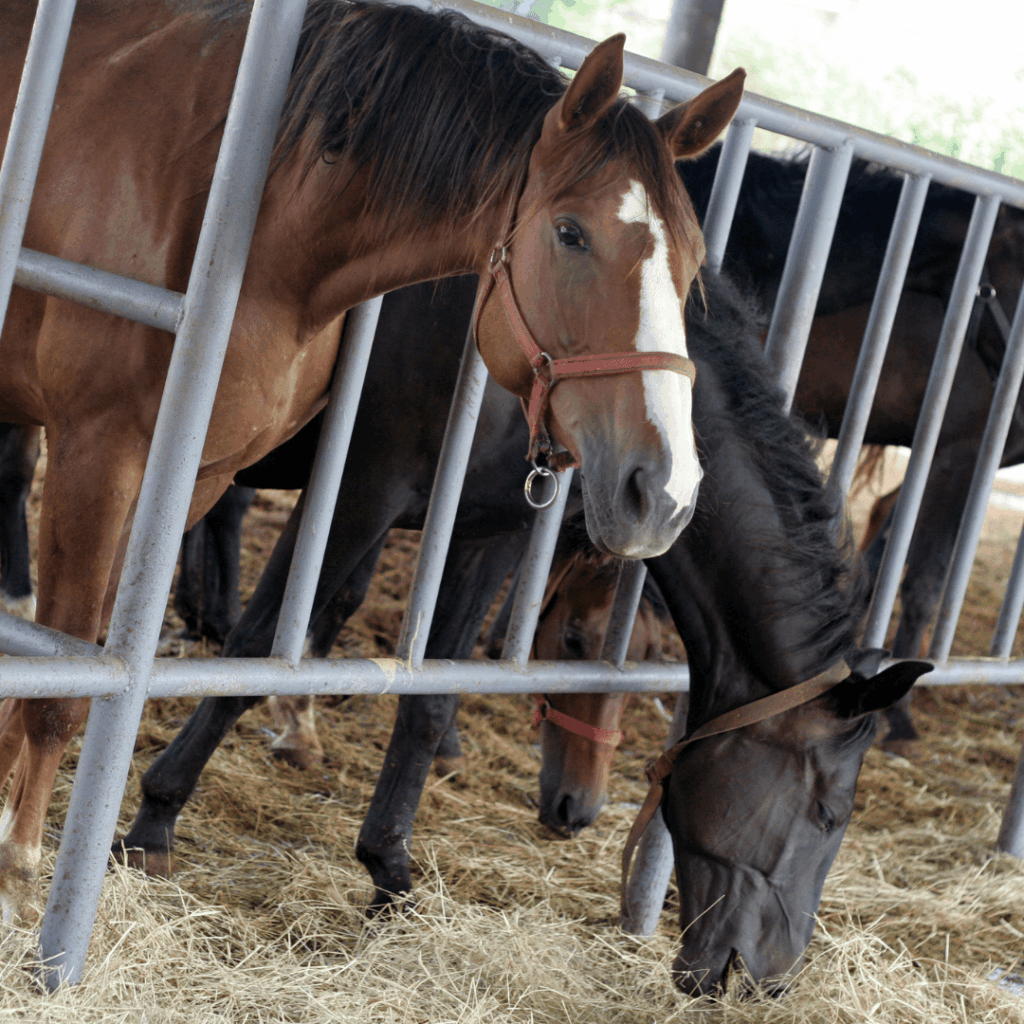
1. Understanding Your Horse’s Basic Needs
Every horse deserves a safe, clean, and comfortable living environment. Providing adequate space for exercise, access to clean water, and a well-balanced diet are the foundations of responsible horse ownership.
Shelter and Living Space
Horses don’t always need to live in stalls, but they do need protection from harsh weather. A well-ventilated shelter such as a run-in shed allows horses to stay safe from rain, strong winds, and sunlight. Make sure the shelter is dry, clean, and offers enough room for your horse to move comfortably.
If your horse lives indoors, ensure that the stall is mucked out daily and kept well-ventilated to prevent respiratory issues. Proper airflow is more beneficial than a closed, warm barn — a blanket can be used instead to keep the horse warm during colder days.
Exercise and Turnout
Regular exercise is essential for maintaining your horse’s physical and mental health. Horses are naturally active animals that need daily movement to stay fit. Allowing them to spend time outdoors in a pasture, also known as “turnout,” gives them freedom to graze, walk, and socialize naturally.
Turnout helps strengthen muscles, bones, and joints, while also preventing boredom and unwanted behaviors. Even if turnout isn’t possible every day, make sure your horse gets some form of controlled exercise, such as riding, lunging, or hand-walking.
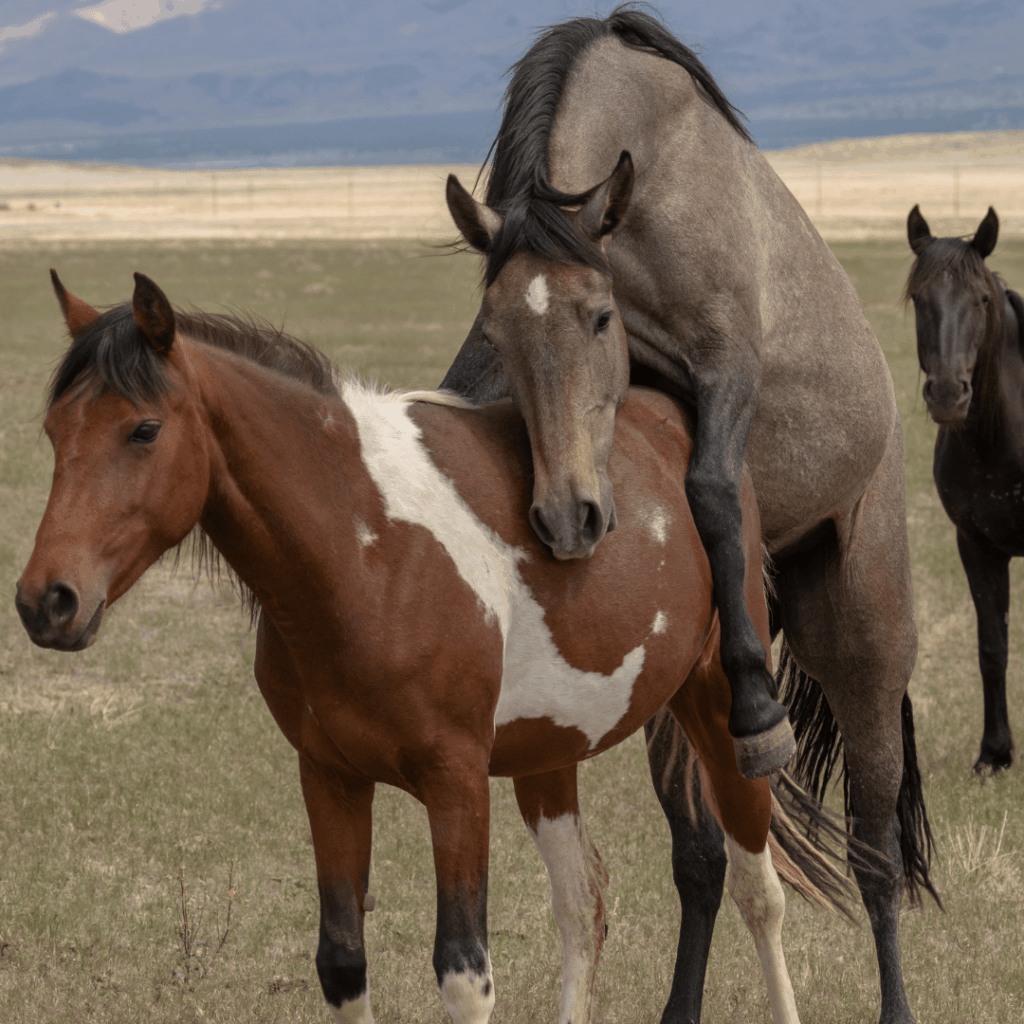
Social Companionship
Horses are herd animals by nature. They feel safer and more content when they have the company of other horses. Social interaction helps reduce stress and promotes better overall behavior.
If keeping multiple horses isn’t possible, consider other companion animals such as a pony, goat, or sheep. Most horses form strong bonds with these smaller friends, which can greatly improve their emotional well-being.
2. Boarding vs. Keeping Horses at Home
One of the first decisions every new horse owner must make is whether to board their horse or care for it at home.
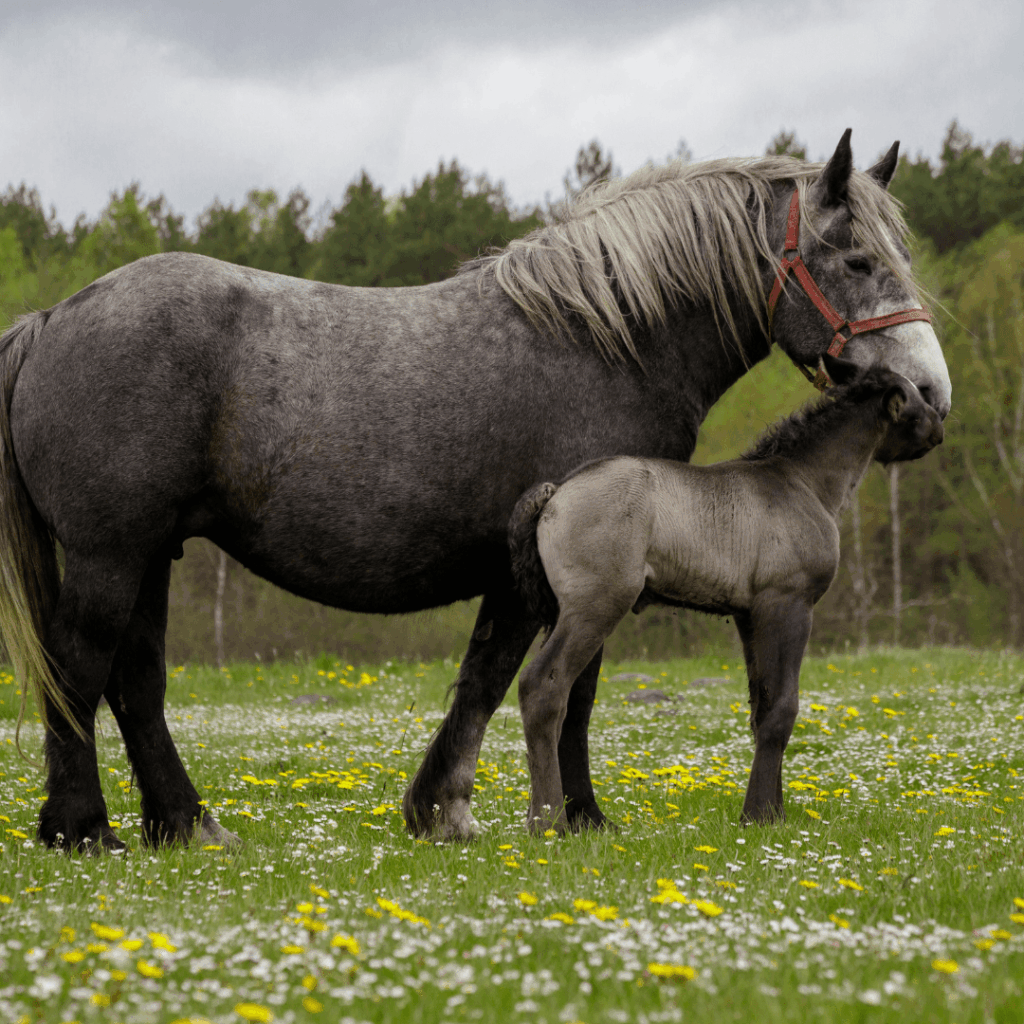
Boarding Your Horse
Boarding facilities offer a convenient solution for busy owners. They provide daily feeding, cleaning, and exercise schedules handled by professionals. Some even offer extra services like training, grooming, and veterinary care.
Choosing a reputable boarding barn ensures your horse receives consistent, high-quality care. However, it’s important to visit different facilities, check their management standards, and confirm that the environment is clean, safe, and well-staffed.
Keeping Horses at Home
Caring for a horse at home gives you full control over its diet, care routine, and environment. It also helps strengthen your bond through daily interaction.
However, managing horse care at home requires significant time, space, and resources. New owners often underestimate the amount of effort involved in maintaining a horse’s well-being. Before bringing a horse home, make sure you are prepared with proper fencing, shelter, and a reliable water supply.
3. Feeding and Nutrition Basics
Nutrition is one of the most critical aspects of horse care. A balanced diet supports your horse’s growth, energy, and long-term health.
Clean Water
Fresh, clean water should be available at all times. An average horse drinks between 5 and 15 gallons of water daily, depending on the weather and activity level. Dirty or stagnant water can discourage drinking and lead to dehydration or digestive problems. Clean and refill water troughs daily, and consider using water heaters in winter to prevent freezing.
Forage: The Foundation of Every Diet
Forage, such as hay or pasture grass, is the most important part of your horse’s diet. Horses are grazing animals that are meant to eat small amounts throughout the day. A good rule of thumb is to feed 1.5% to 2.5% of the horse’s body weight in forage daily.
Lack of forage can lead to gastric ulcers and behavioral issues. High-quality hay should be free of mold, dust, and weeds. If possible, have your hay analyzed for nutrient content to ensure your horse’s diet is properly balanced.
Grains and Supplements
Not all horses need grain. Horses in light work or with easy metabolisms often do well on forage alone. However, horses in intense training or underweight animals may require additional calories from grains or commercial feeds.
Consult an equine nutritionist to select the right feed and supplements. Avoid overfeeding high-starch grains, as they can cause digestive imbalances. Ration balancers and vitamin-mineral supplements are excellent options for maintaining nutrient balance without excess calories.
4. Routine Professional Care
Professional care is an essential part of keeping your horse healthy. Regular veterinary visits, farrier appointments, and dental check-ups help prevent health issues before they become serious.
Veterinary Care
Schedule annual wellness exams with a licensed veterinarian. These check-ups should include vaccinations, deworming plans, dental evaluations, and overall health assessments.
Core vaccines recommended by the American Association of Equine Practitioners (AAEP) include protection against tetanus, rabies, West Nile virus, and equine encephalomyelitis. Additional vaccines may be required depending on your horse’s activity level and location.
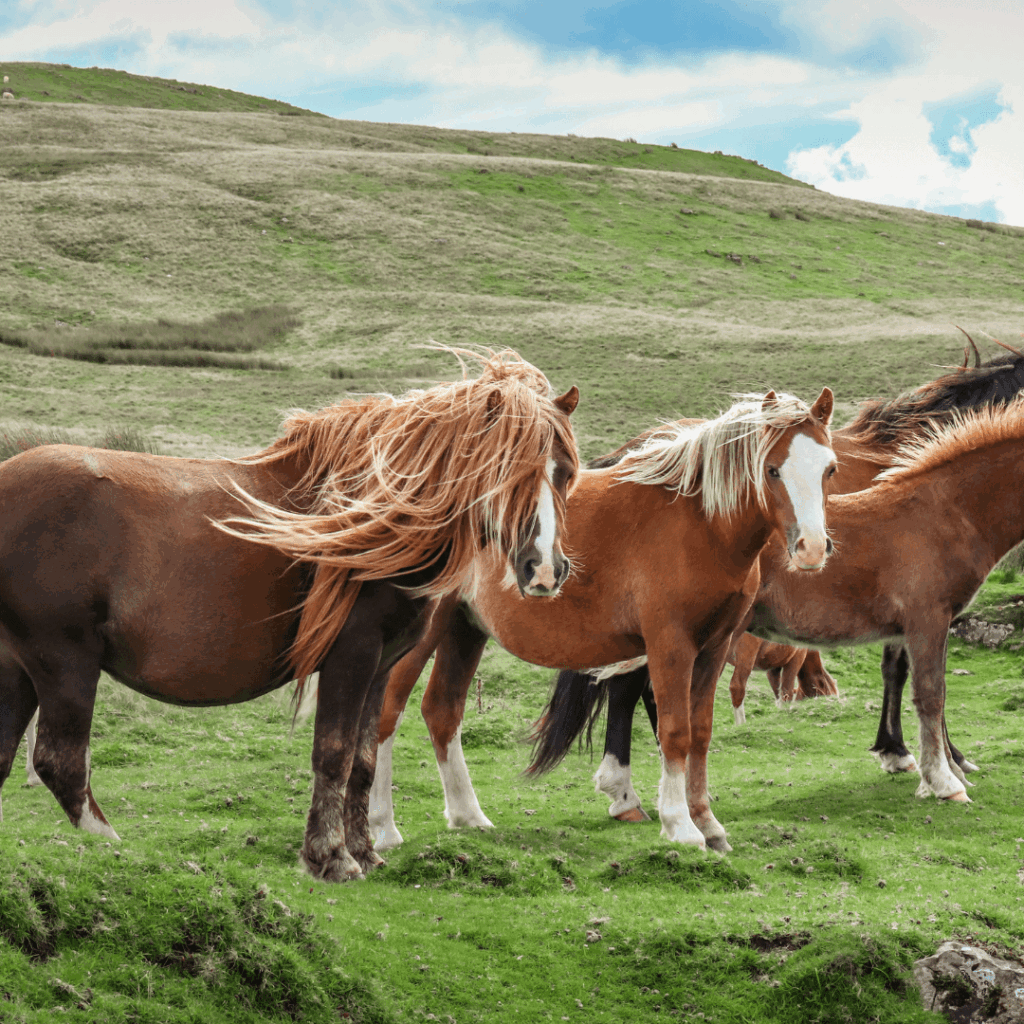
Farrier Visits
Your horse’s hooves grow continuously and need trimming every 4–6 weeks. Regular farrier visits help maintain proper balance, prevent lameness, and keep hooves healthy. Horses that wear shoes may require more frequent maintenance.
Dental Care
Horses’ teeth continuously erupt and wear down over time. Uneven wear can lead to discomfort and feeding difficulties. Annual dental exams and floating (filing sharp points) ensure your horse can chew comfortably and digest food properly.
5. Daily Horse Care Routine
Consistent daily care keeps your horse in good condition and strengthens your bond. Here’s a simple checklist to follow every day:
- Provide clean, fresh water at all times.
- Feed hay or forage throughout the day.
- Check your horse’s appetite and behavior for any changes.
- Clean stalls or paddocks to prevent hoof problems and parasites.
- Groom your horse daily to maintain coat health and check for cuts or swelling.
- Pick hooves to remove debris and prevent thrush.
- Provide exercise or turnout for physical and mental stimulation.
- Inspect fencing and shelter to ensure safety.
- Monitor health signs such as temperature, pulse, and respiration.
These small actions add up to big results for your horse’s health and happiness.
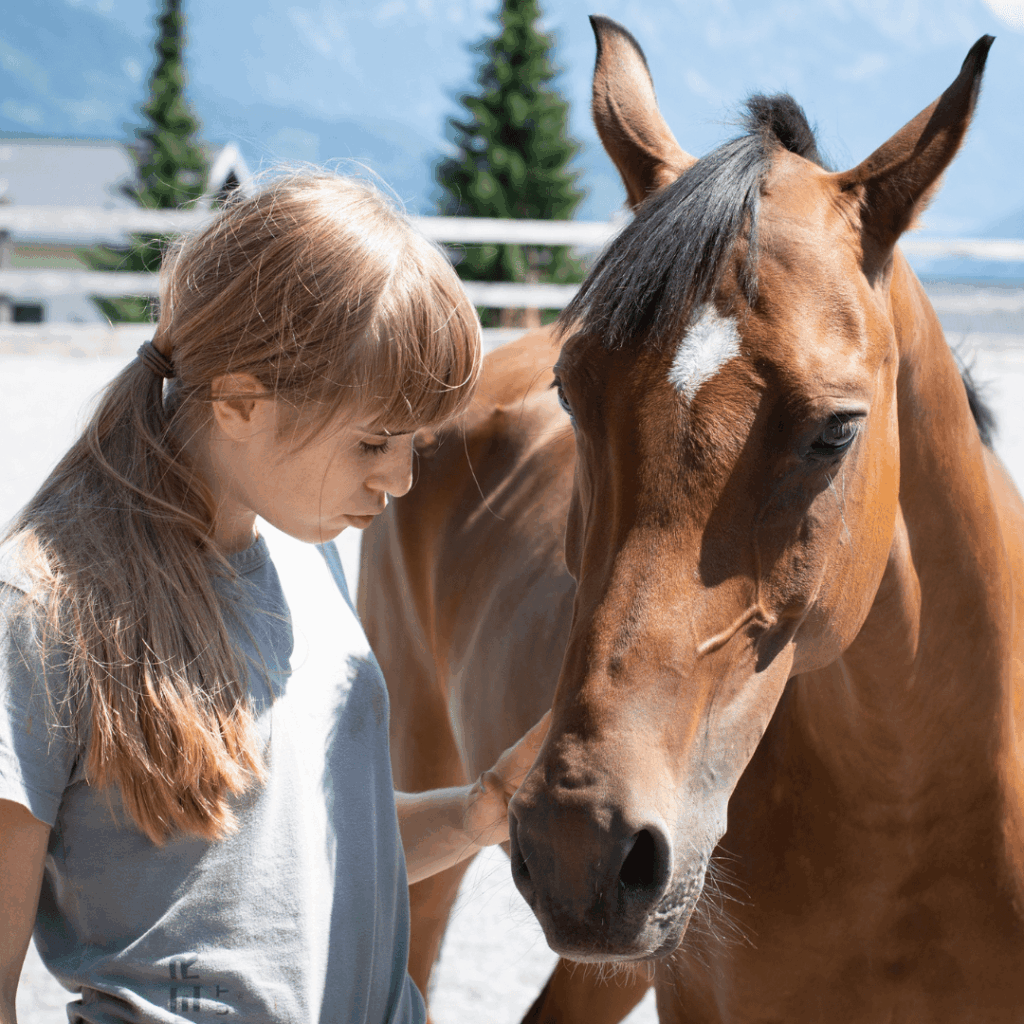
6. Building a Strong Partnership
Beyond physical care, horses need emotional connection and trust. Spending time grooming, talking, and simply being near your horse strengthens your relationship. Horses are intelligent, sensitive creatures that respond positively to consistent, gentle handling.
Whether you ride competitively or keep horses for pleasure, understanding their behavior and needs will help create a harmonious partnership.
Learning the basics of horse care is the foundation of responsible ownership. With proper shelter, balanced nutrition, daily exercise, and routine professional check-ups, your horse can live a long, healthy, and fulfilling life.
This Basic Horse Care Guide for Beginners is designed to help new owners feel confident in managing every aspect of their horse’s well-being. Remember: the time, patience, and love you invest will be reflected in the trust and joy your horse gives back to you every day.
